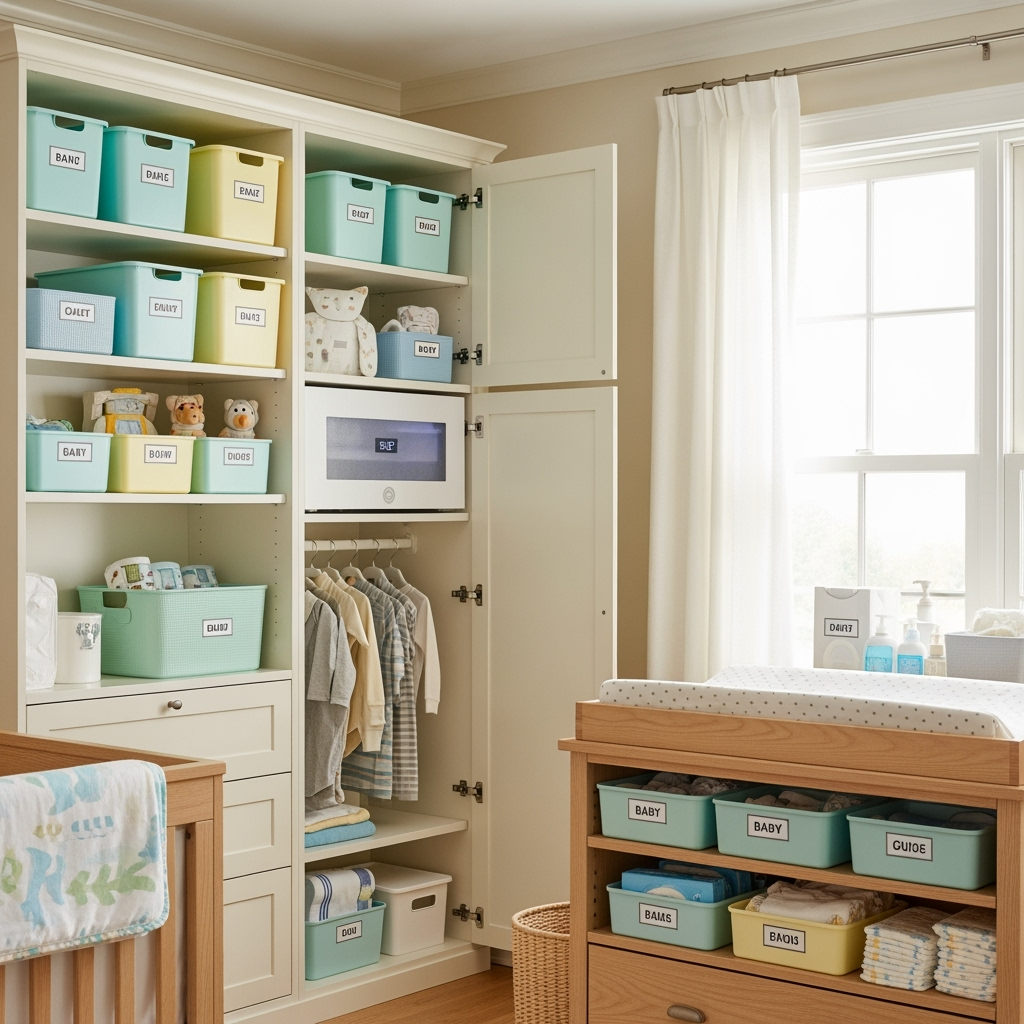
Welcome to Parenthood: Planning Your Storage Strategy
Welcoming a new baby brings joy, excitement, and a surprising amount of equipment and supplies. From essential gear to precious keepsakes, managing baby items requires thoughtful organization and proper storage solutions. This comprehensive guide will help you create a smart storage strategy that grows with your family.
Understanding Your Storage Needs
Before your little one arrives, consider these key storage categories:
- Immediate essentials (daily-use items)
- Size-ahead clothing and gear
- Seasonal items
- Keepsakes and mementos
- Temperature-sensitive supplies
Climate-Controlled Storage: Protecting Sensitive Items
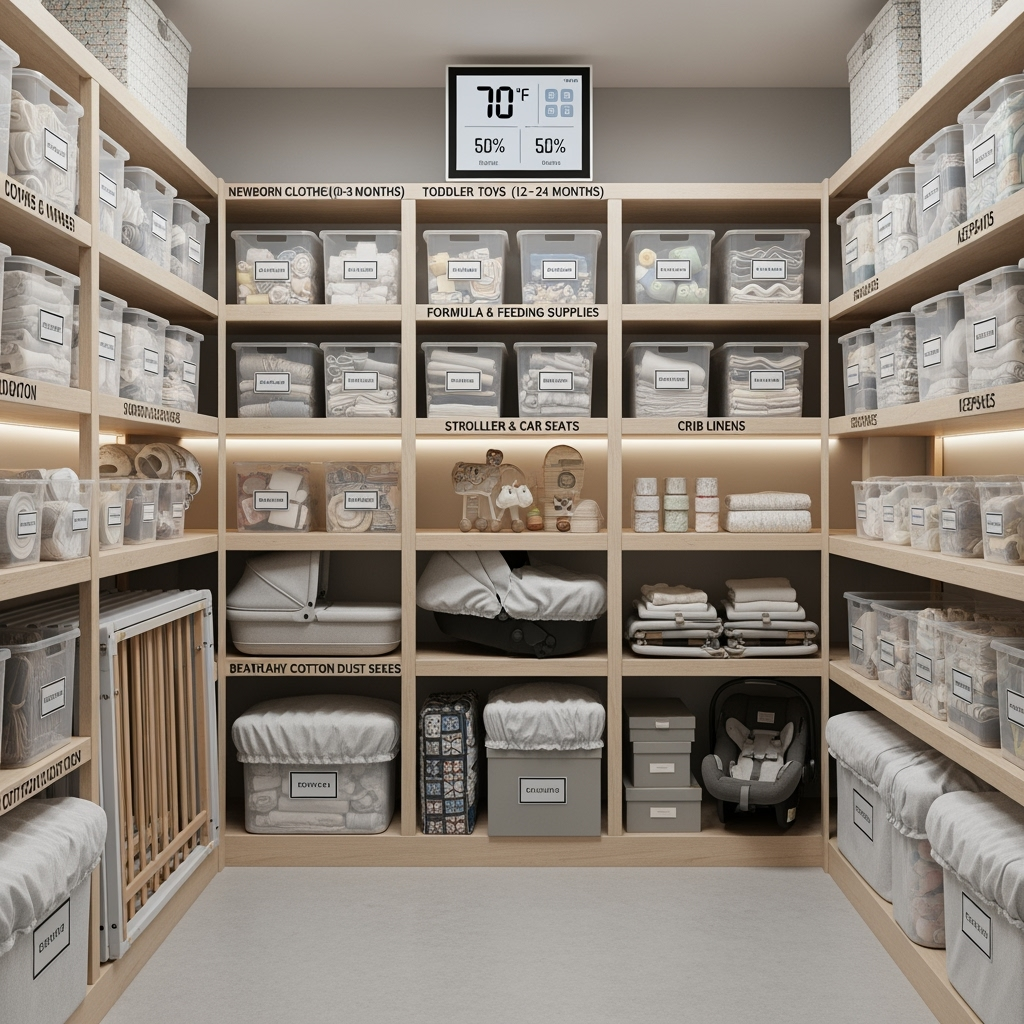
Many baby items require specific storage conditions to maintain their quality and safety. Climate-controlled storage units are ideal for:
- Breast pump equipment and accessories
- Formula and unopened baby food
- Sensitive electronic devices (monitors, smart nursery equipment)
- Special occasion clothing
- Wooden furniture and decor
Organization Systems That Work
Create an efficient storage system with these practical tips:
1. Clear Labeling
Use a consistent labeling system for boxes and containers, including:
- Size/age ranges for clothing
- Season and type of item
- Priority level (immediate need vs. future use)
2. Smart Categorization
Organize items by:
- Development stage
- Seasonal use
- Frequency of access
- Storage requirements (climate-controlled vs. standard)
Storage Unit Setup: Creating Zones
Maximize your storage unit’s efficiency by establishing dedicated zones:
Zone 1: High-Access Items
- Next-size-up clothing
- Upcoming seasonal gear
- Extra supplies of everyday essentials
Zone 2: Medium-Term Storage
- Larger size clothing
- Future-stage equipment
- Off-season items
Zone 3: Long-Term Preservation
- Keepsakes and mementos
- Family heirlooms
- Special occasion items
Special Considerations for Different Items
Clothing Storage
Protect baby clothes with these tips:
- Clean thoroughly before storage
- Use acid-free tissue paper for delicate items
- Store in sealed, breathable containers
- Add cedar blocks for natural moth prevention
Equipment and Gear
Preserve larger items properly:
- Clean and sanitize before storage
- Remove batteries from electronic items
- Cover with breathable materials
- Store disassembled when possible to save space
Timing Your Storage Strategy
Plan your storage approach around these key phases:
Pre-Baby Preparation
- Set up main storage systems
- Organize immediate essentials
- Create an inventory system
Active Baby Phase
- Rotate items monthly based on growth
- Update storage organization quarterly
- Maintain inventory of stored items
Making the Most of Your Storage Investment
Maximize your storage unit’s value with these practices:
- Regular inventory checks and updates
- Proper packing materials for different item types
- Easy-access organization systems
- Climate control monitoring for sensitive items
Tips for Success
- Keep a detailed inventory list
- Take photos of stored items for easy reference
- Create a rotation schedule for clothing sizes
- Pack similar items together
- Leave clear pathways for access
When to Consider Additional Space
Consider upgrading your storage space when:
- Preparing for multiple children
- Storing larger equipment pieces
- Preserving family heirlooms
- Managing seasonal rotations
Conclusion: Growing with Your Storage Needs
As your family grows, your storage needs will evolve. Start with a well-planned system, utilize climate-controlled options when necessary, and maintain regular organization. With these strategies, you’ll create an efficient storage solution that supports your family’s changing needs while protecting your valuable baby items for years to come.


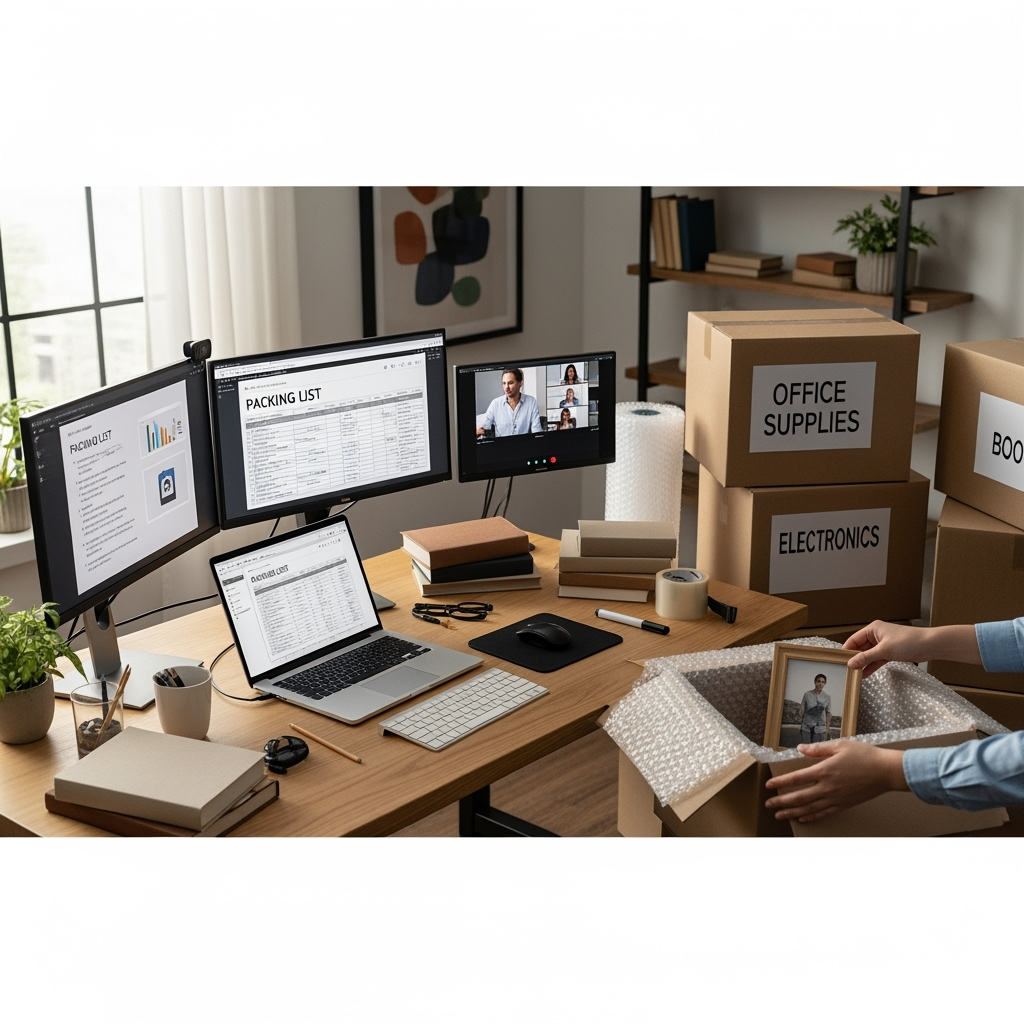

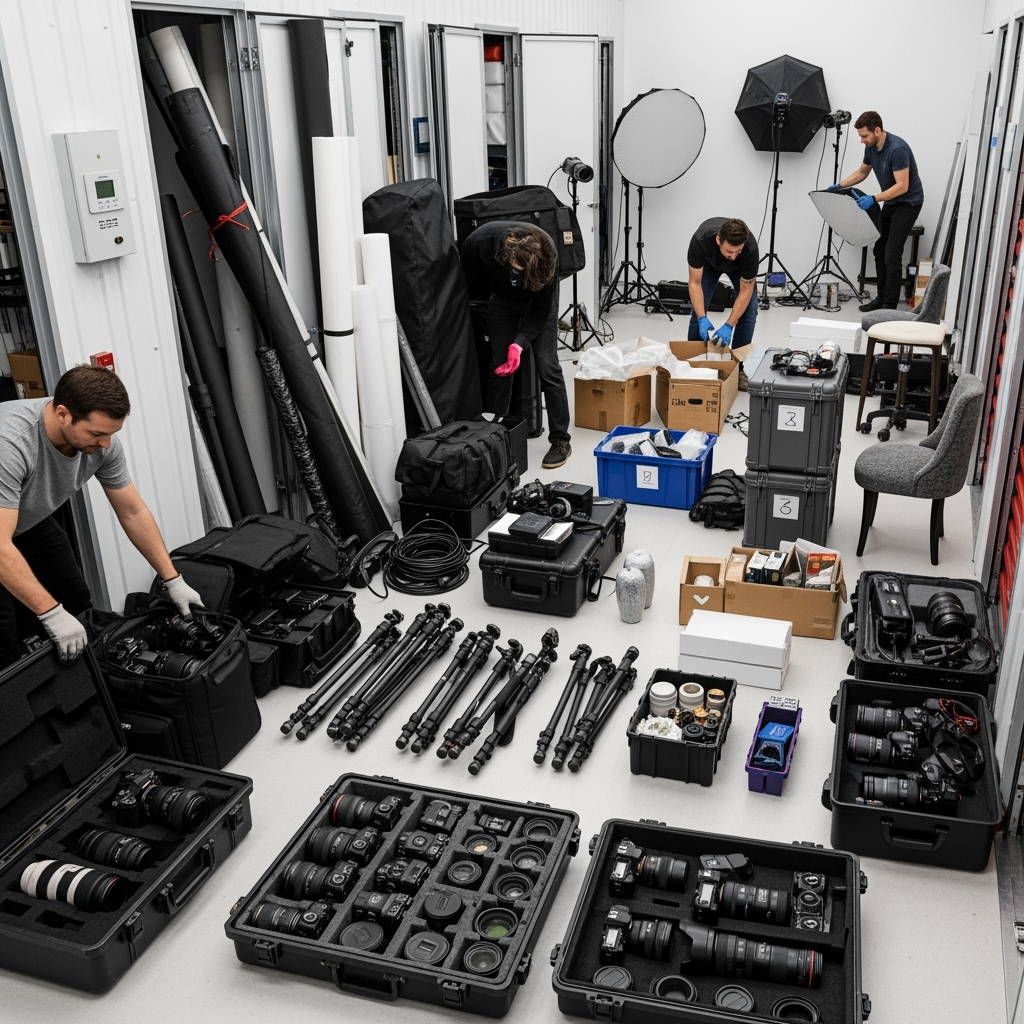

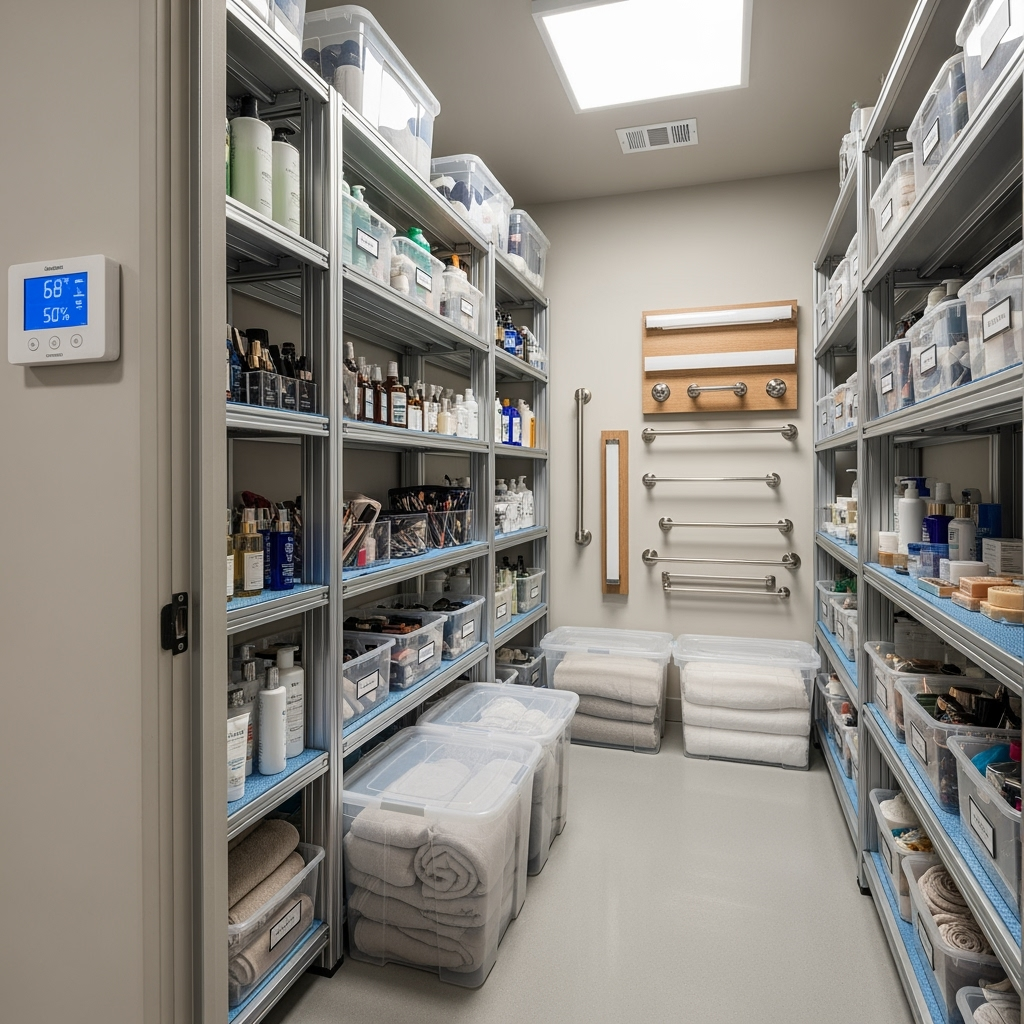
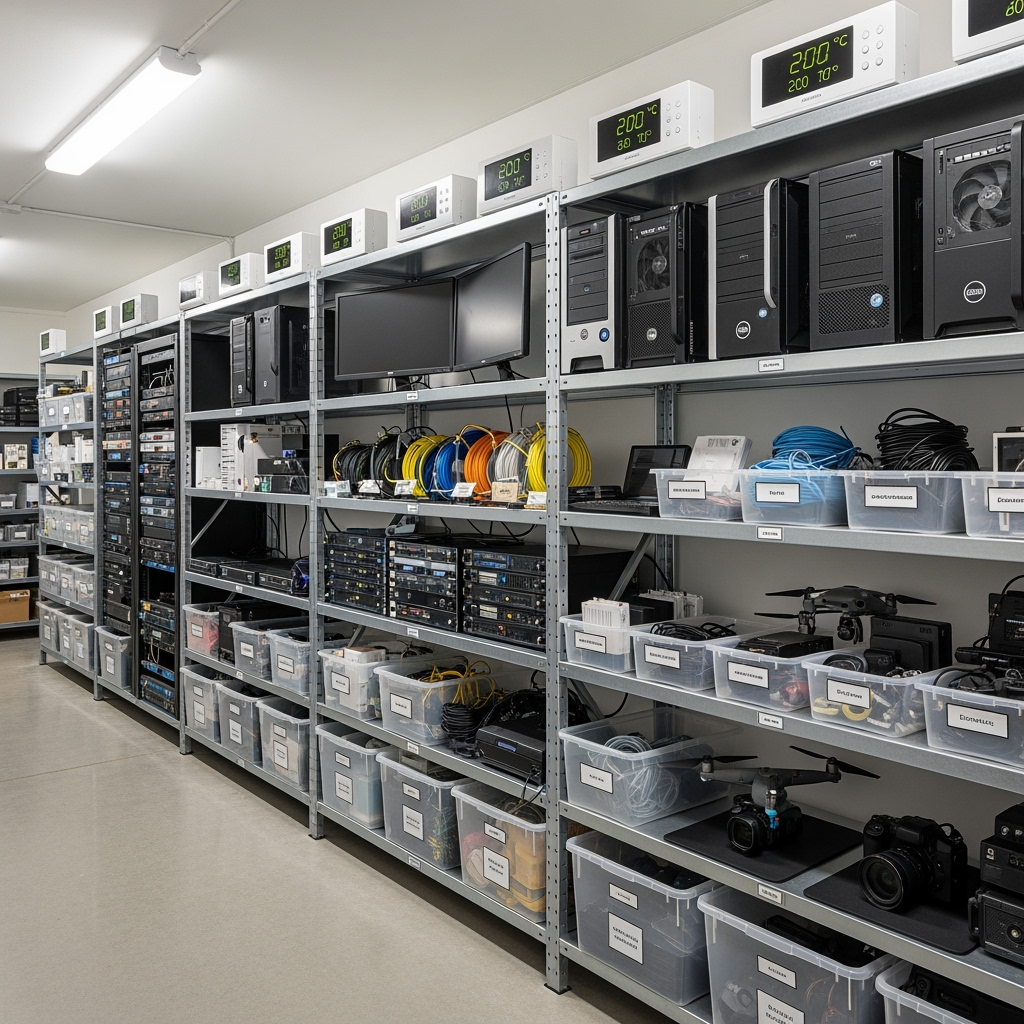
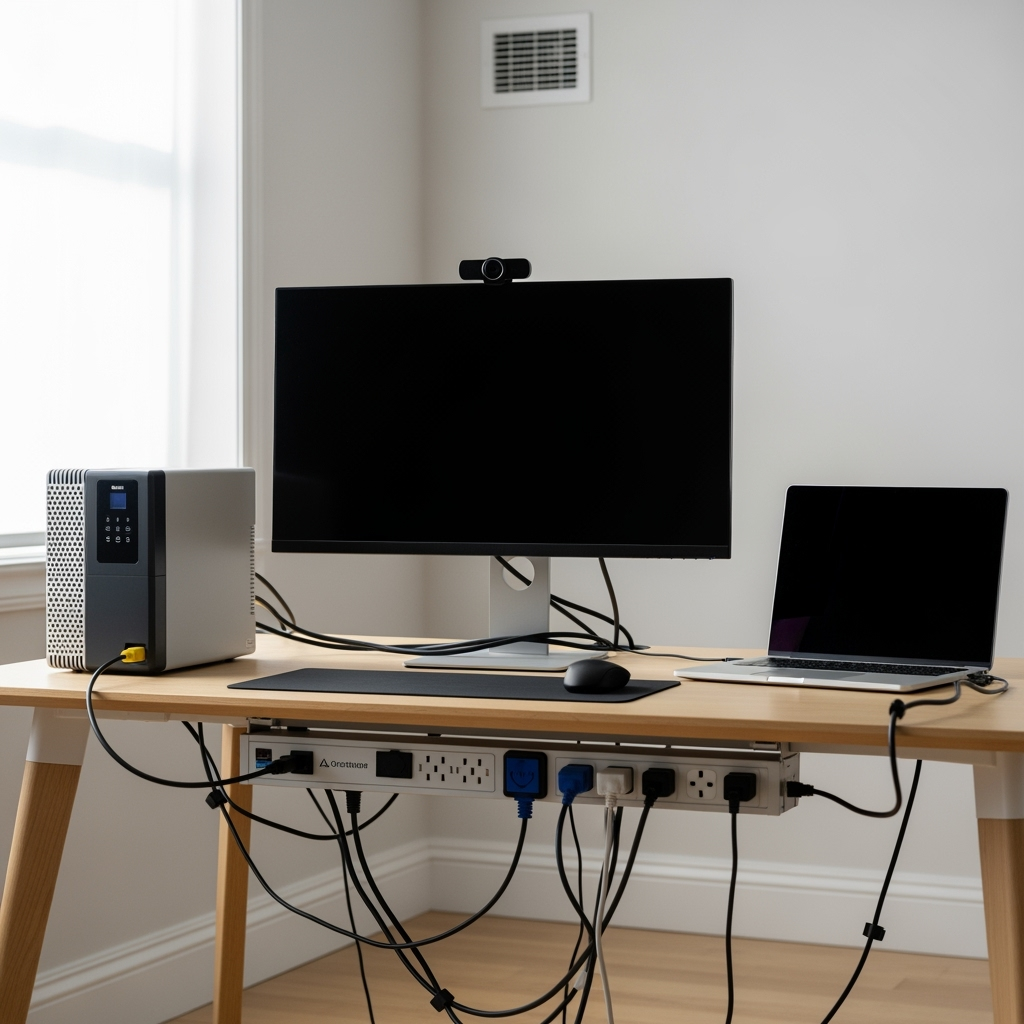
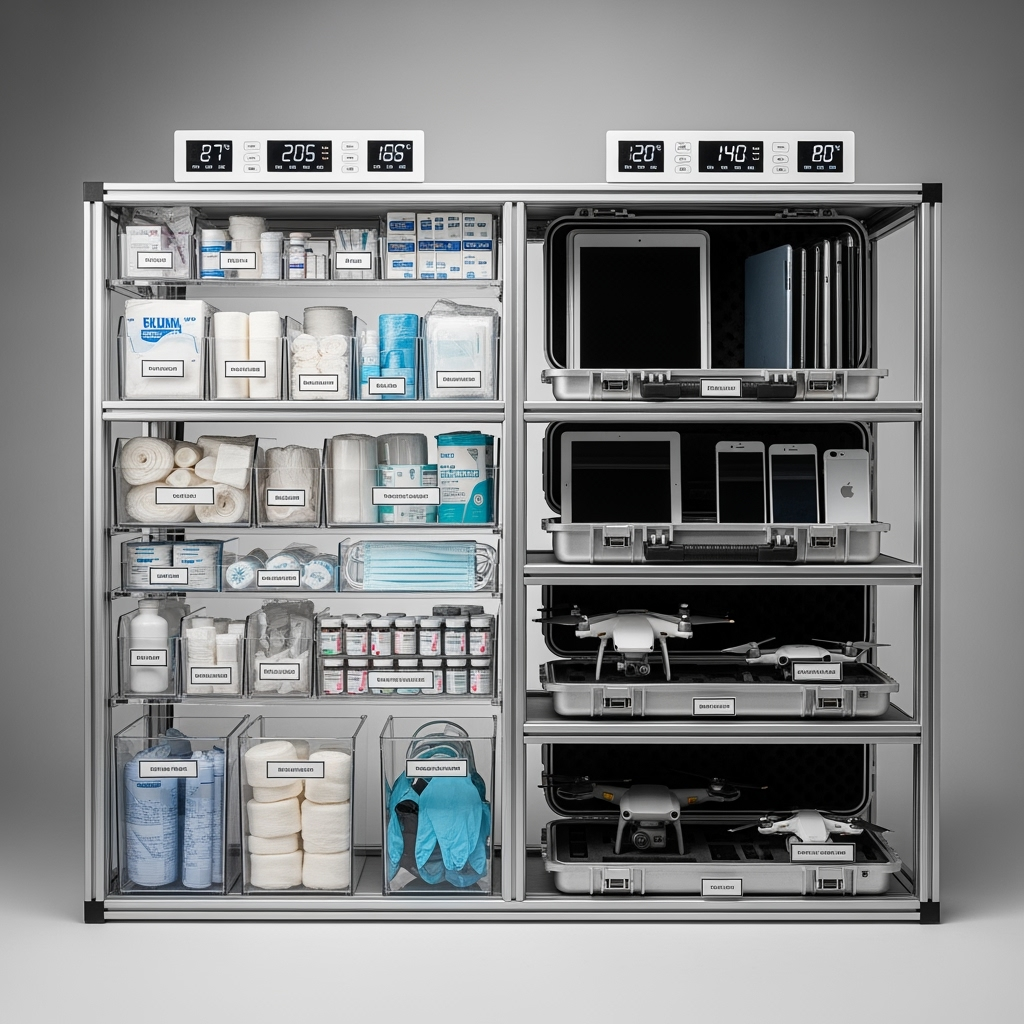
Leave a Reply